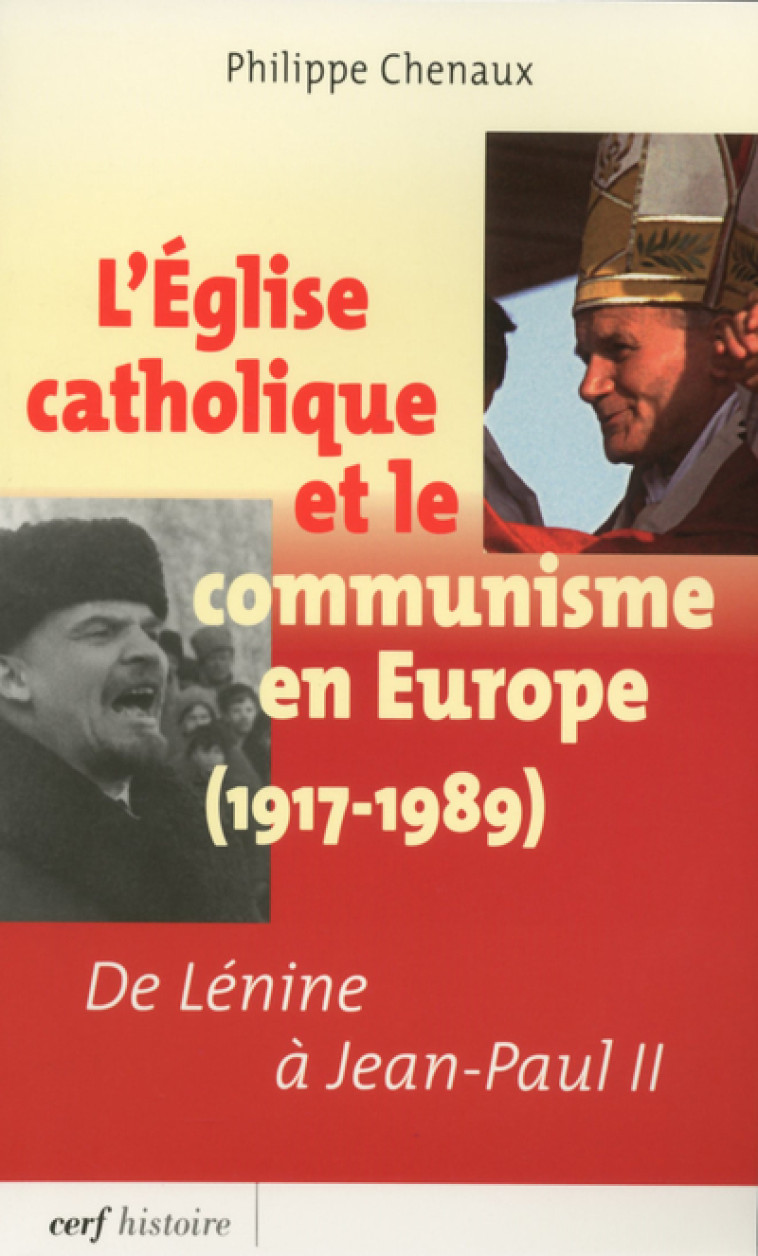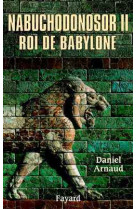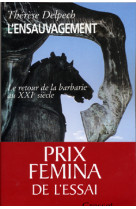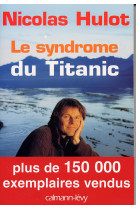--
The author's point of departure is an unusual hypothesis, not to say provocation: communism as Christianity's ultimate heresy. Philippe Chenaux demonstrates the continuity and ruptures of the two doctrines. Drawing from largely unpublished sources, he retraces the history of the relations - tormented and conflictual to say the least - between the Catholic Church and communism in Europe since the October Revolution and the birth of the first Atheist State in history, all the way to the fall of the Berlin Wall which marked the collapse of the communist system. Although the diplomatic relations between the Vatican and the Soviet Union are treated in depth, other lesser known aspects are also covered: the political angle of the collaboration between Catholics and communists within each country the intellectual rapport between Christian thought and Marxism the ecumenical aspect of relations between Catholicism and Russian Orthodoxy. The book's chronological plan corresponds to three major periods in the political and religious history of Europe in the 20th century: ‘European Civil War [1917-1945] — the Church is confronted by the impossible dilemma of choosing between the communist Charybdis and the Nazi Scylla Cold War (1945-1958] — the Church of Pius XII is, in spite of itself, identified with the West in its struggle against Soviet totalitarianism a thaw in relations, détente (1958-1989] — the conciliar Church chooses the way of dialogue with the East, finally making its contribution to the collapse of the system.







